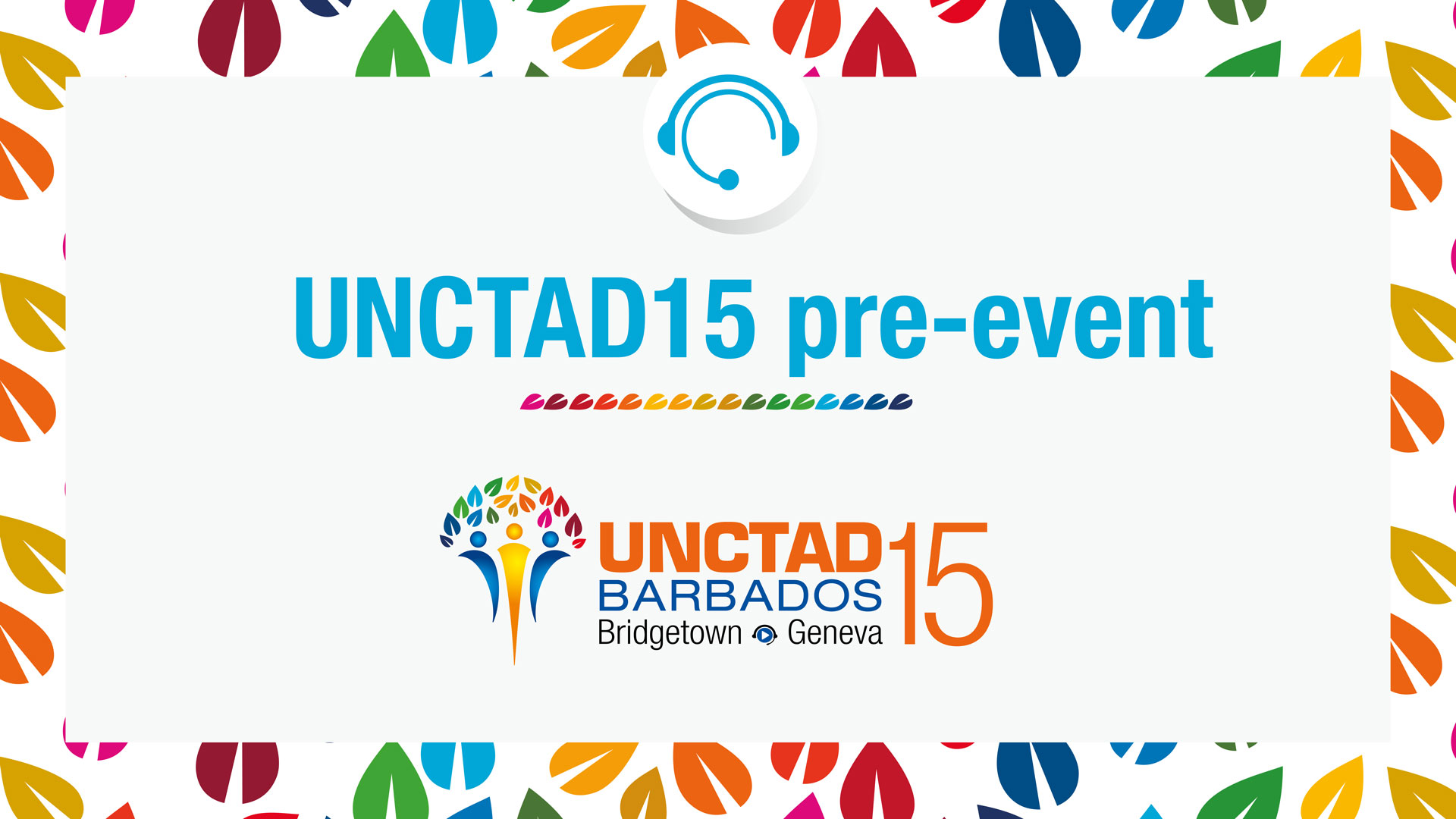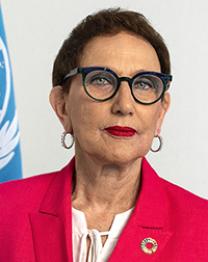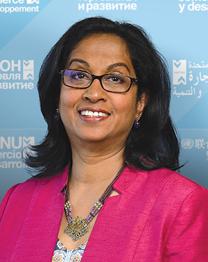
The Digital Economy Report 2021 takes a deep dive into the development and policy implications of cross-border flows of digital data.
This topic is of direct relevance to UNCTAD 15, which will discuss how best to address the massive unmet trade, finance, investment and technology needs of developing countries struggling in the face of the COVID-19 challenge.
The Report provides a fresh and holistic view of this particular kind of international economic flow. It examines recent trends and global developments in the data-driven digital economy, and reviews existing data governance approaches at national, regional and multilateral levels.
The Report calls for innovative governance approaches that reflect the multiple and interlinked dimensions of data, balance different interests and needs, in a way that supports inclusive and sustainable development with the full participation of all countries.
Key questions:
- What are the implications of the surge in cross-border data flows for sustainable development?
- How can Governments ensure that data can flow across borders as freely as necessary and possible, while addressing various development objectives?
- How can voices and concerns of developing countries be best reflected in the development of global governance of data and cross-border data flows?
Programme:
Welcome remarks:
- Maimuna Tarishi, Ambassador of Tanzania, President of UNCTAD’s Trade and Development Board
- Rebeca Grynspan, Secretary-General, UNCTAD
Presentation of the Report:
- Shamika N. Sirimanne, Director, Division on Technology and Logistics, UNCTAD
Invited statements:
- Vianna Maino, Minister of Telecommunications and the Information Society of Ecuador, eLAC Chair
- Johnny Gerard Plate, Minister of Communications and Informatics of Indonesia, G20 Presidency 2022
- Amani Abou-Zeid, Commissioner for Infrastructure and Energy, African Union Commission
- Bertrand de La Chapelle, Executive Director and Co-founder of the Internet & Jurisdiction Policy Network
- Didier Reynders, European Commissioner for Justice
In September 2021, Rebeca Grynspan was appointed Secretary-General of the United Nations Conference on Trade and Development (UNCTAD), becoming the first woman to lead the organization in its 60-year history.
Rebeca Grynspan, an economist and former Vice President of Costa Rica, is an experienced leader of international institutions with a substantive track record in government, UN diplomacy, economic policy and multilateral cooperation at the global level.
Prior to joining the United Nations, she was Vice President of Costa Rica and held cabinet positions as Minister of Housing, Minister Coordinator of Economic and Social Affairs and Deputy Finance Minister.
Previously, she served as Secretary-General of the Ibero-American Conference (2014–2021), chairing regional summits of Heads of State and Government; United Nations Under-Secretary-General and Associate Administrator of the United Nations Development Programme (UNDP); and UNDP Regional Director for Latin America and the Caribbean. She was a member of the UN Commission for the Reconstruction of Haiti, representing the UN Secretary-General.
At UNCTAD, Grynspan has been at the centre of critical negotiations to address global trade and development challenges. She played a decisive role in the successful Black Sea Grain Initiative brokered between the UN, Türkiye, the Russian Federation and Ukraine, which enabled the safe export of over 32 million tons of grain, lowered global food prices by 22% and prevented millions from falling into food insecurity. She also leads the UN Global Crisis Response Group on food, energy and finance, and has represented the UN in G20 summits.
Her leadership has been recognized widely. In 2024, she received the Doha Negotiator of the Year Award for spearheading UN efforts to restore Black Sea trade routes. In 2025, Spain’s Ministry of Foreign Affairs, European Union and Cooperation awarded her the inaugural Isabel Oyarzábal Women in Multilateralism International Prize for her contribution to multilateralism.
Ms. Grynspan holds degrees in economics from the University of Costa Rica and the University of Sussex, and honorary doctorates from several European universities.
Ms. Sirimanne has extensive experience in development policy, research and technical cooperation gained from international organizations, national governments, think tanks and universities. Prior to UNCTAD, she served as the Director of the ICT and Disaster Risk Reduction Division of the UN Economic and Social Commission for Asia and the Pacific (ESCAP), where she spearheaded major regional cooperation programmes such as the Asia-Pacific Information Superhighway initiative, and Regional Drought Monitoring Mechanism.
During her tenure with ESCAP, Ms. Sirimanne also headed the trade facilitation programme, and led the macroeconomic policy work and ESCAP’s flagship publication, Economic and Social Survey of Asia and the Pacific. Prior to that, Ms. Sirimanne was with the UN Economic Commission for Africa (ECA), where she led the economic policy team and the Economic Report on Africa, the flagship publication of ECA. She has also worked for the Canadian Ministry of Finance and the World Bank. Ms. Sirimanne holds a PhD in Economics.




